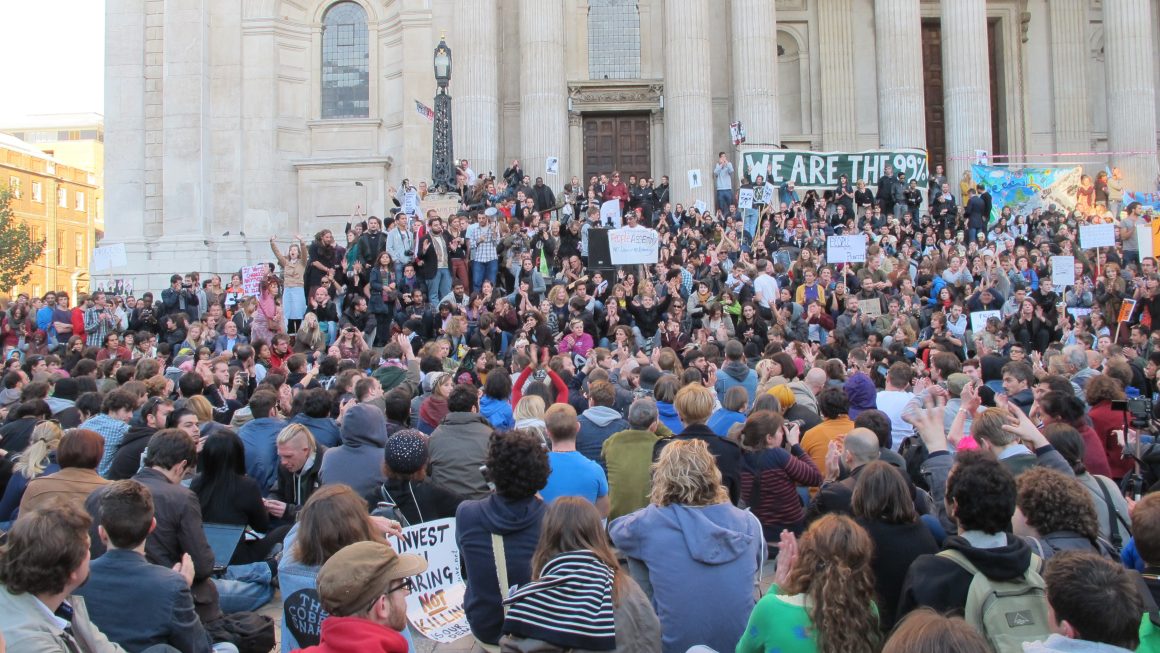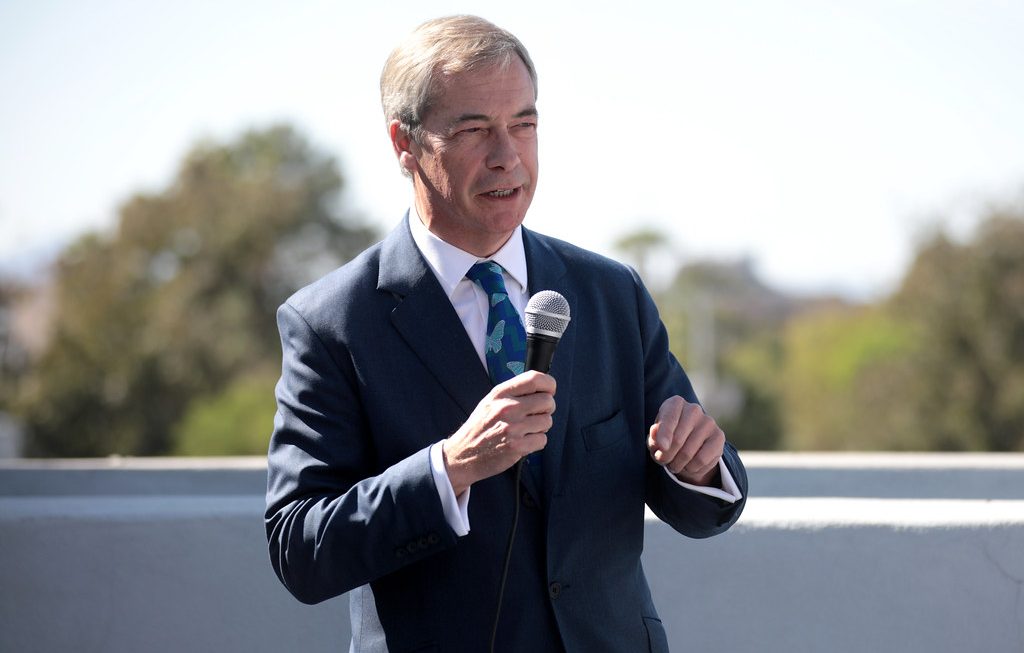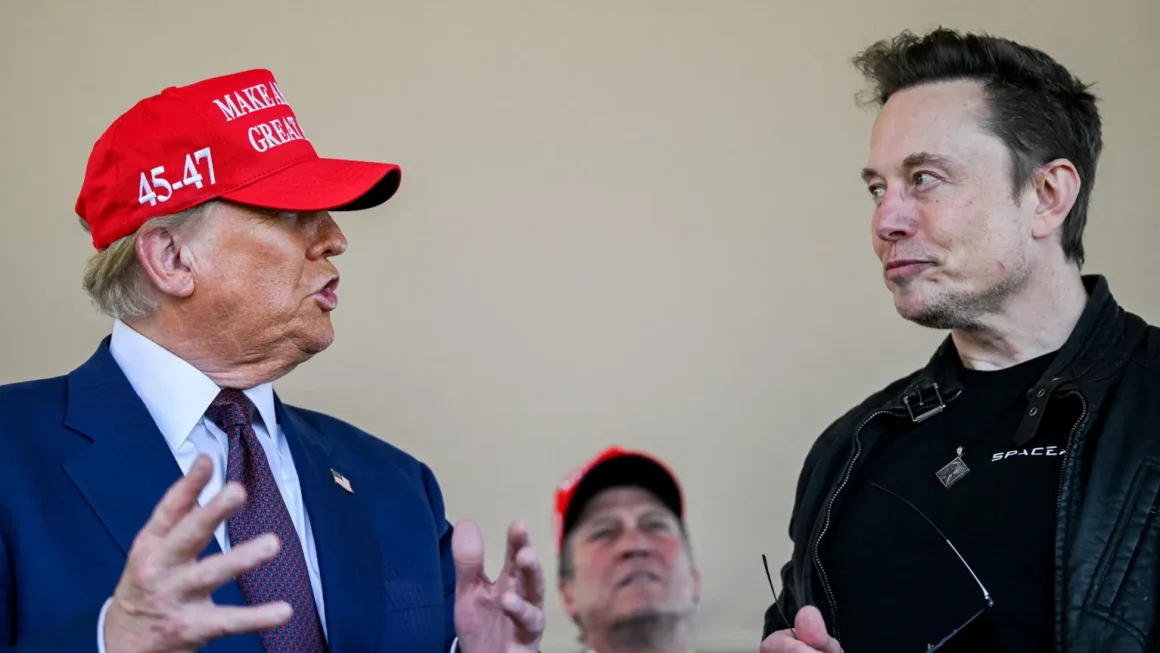London’s council funding crisis is set to deepen dramatically, with seven boroughs expected to require emergency government bailouts to balance their books in 2025-26, according to alarming new figures from London Councils. The number of boroughs needing Exceptional Financial Support (EFS) has more than tripled from last year, with emergency funding requirements soaring from £70m […]
Royal Navy Sub Name Change Sparks Political Row Over ‘French Sensitivities’
A decision to rename a new Royal Navy submarine to avoid potential French offense has ignited a heated political debate, with former Defence Secretary Grant Shapps condemning it as “woke nonsense.” The £1.2 billion vessel, currently under construction in Barrow, Cumbria, will now be called HMS Achilles instead of HMS Agincourt – a name that […]
UK Population Set to Soar to 72.5m as Migration Drives Record Growth
Britain’s population is projected to surge by nearly five million people over the next decade, driven almost entirely by net migration, according to striking new figures from the Office for National Statistics (ONS). The data suggests the UK will grow to 72.5 million residents by 2032, marking a 7.3% increase that outpaces the previous decade’s […]
Haringey Says Farewell to Borough’s First Black Female Mayor, Erline Prescott
Haringey Council and the local community have bid a heartfelt farewell to former councillor Erline Prescott, the borough’s first Black female Mayor, at a funeral attended by friends, family, and colleagues. Prescott passed away in November 2024, leaving behind a legacy of dedication and service to Haringey. Erline Prescott was a trailblazer in local politics, […]
Reform UK councillors resign in protest over Farage
Ten councillors from Reform UK in Derbyshire have announced their resignation in protest against Nigel Farage’s leadership. The group claims that Reform UK has been increasingly autocratic and has lost its direction since Farage became the leader in June. Farage, however, dismissed their resignations, stating that the councillors were part of a rogue branch of […]
US and UK toughen sanctions on Russian oil industry
The United States has unveiled its most aggressive sanctions package yet against Russia’s energy sector, with the United Kingdom joining in unprecedented action targeting major Russian oil companies. The sweeping measures aim to significantly reduce Moscow’s ability to fund its ongoing war in Ukraine. Scale of Sanctions The comprehensive package targets over 200 entities and […]
Hand Picked Hotels’ staff facing having hours cut
The Hand Picked Hotel Group has informed its 1,000-strong workforce across 21 UK locations, including five in the Channel Islands, that they face temporary pay reductions due to declining demand in the hospitality sector. The announcement comes at a particularly sensitive time, following an intensive holiday period. “We have just had to work really hard […]
How Trump and Musk’s interventions prompt fresh diplomatic challenge
As Donald Trump eyes a potential return to the White House, diplomatic circles are once again bracing for the impact of early morning social media posts that could reshape international relations. But this time, there’s a new dynamic: Trump isn’t alone in his digital diplomacy, with Elon Musk emerging as an equally influential voice in […]
















